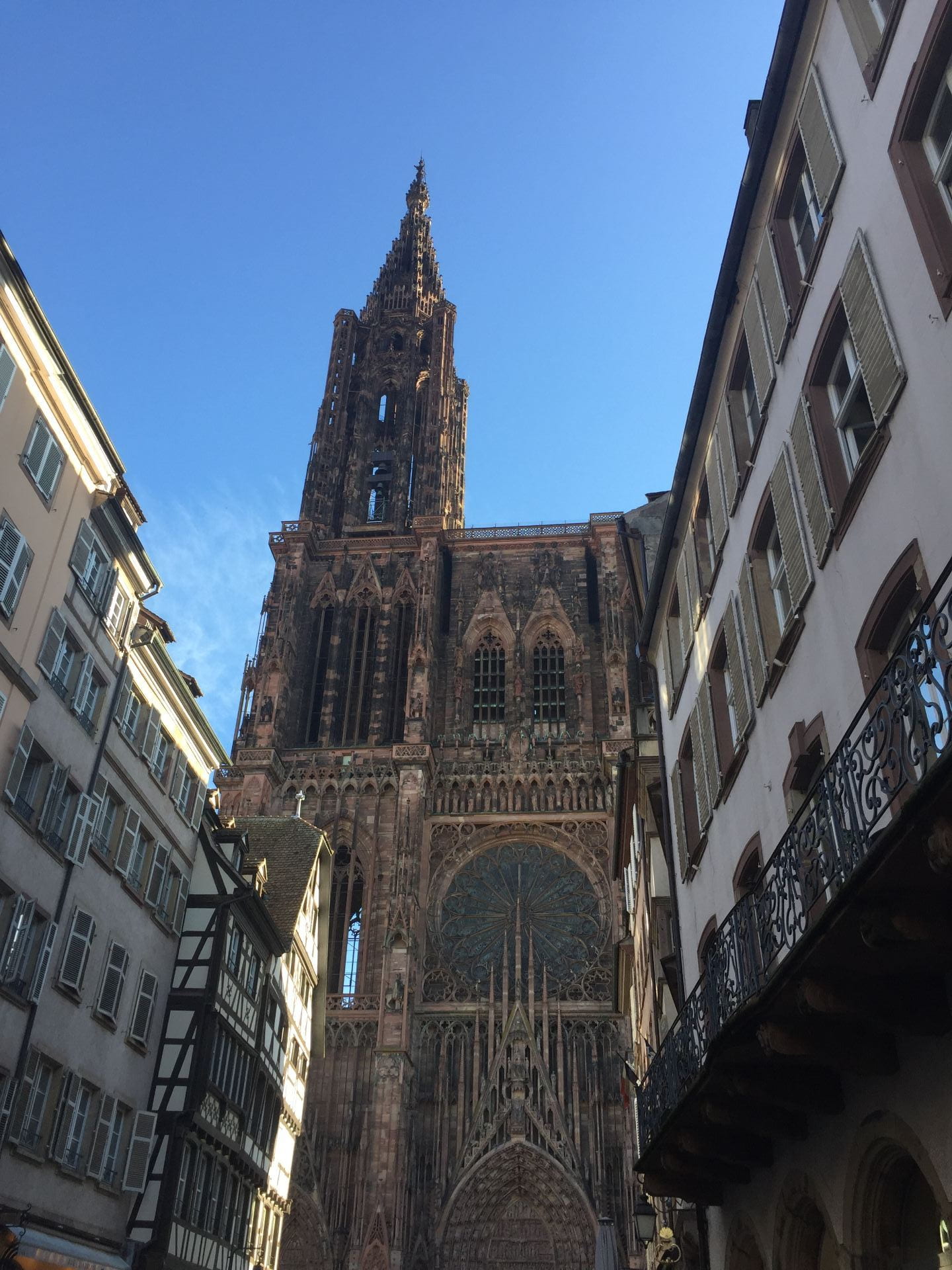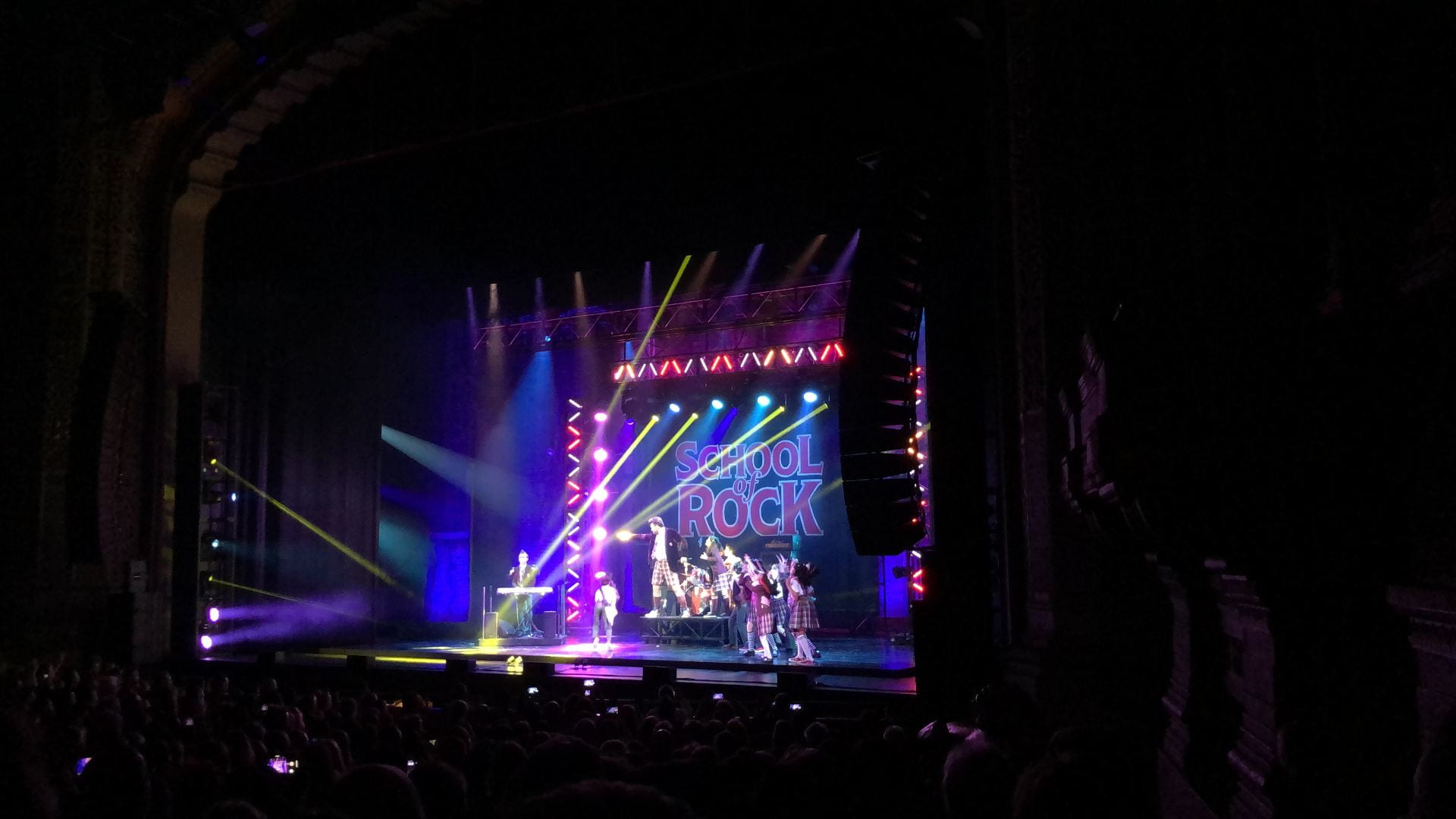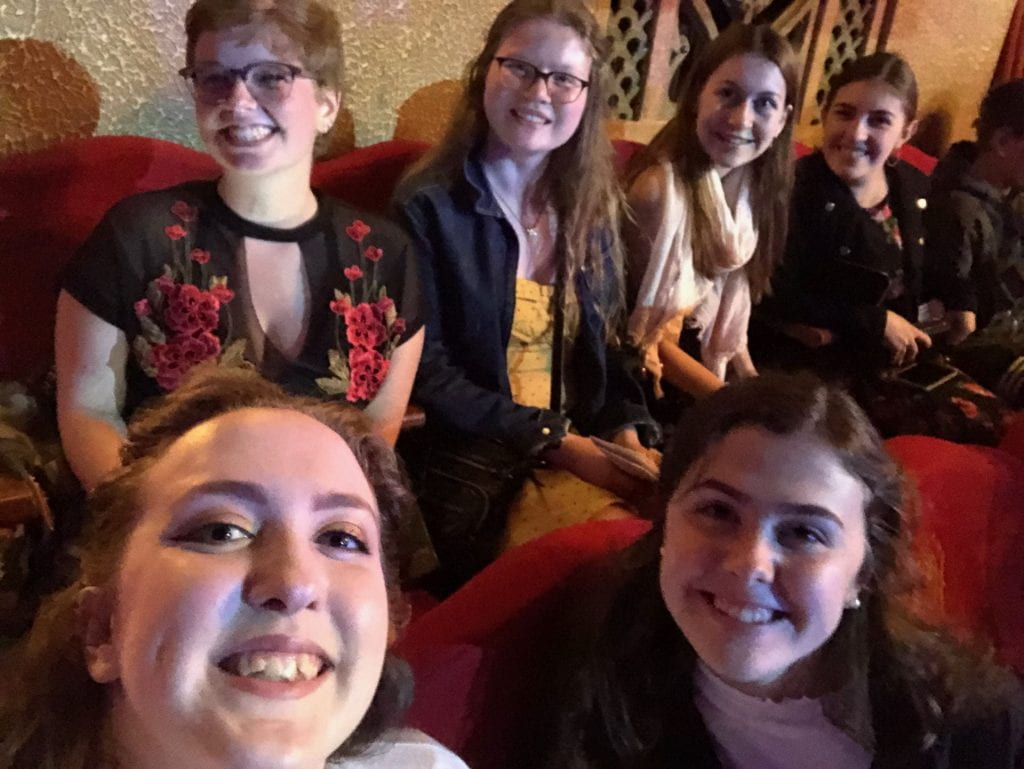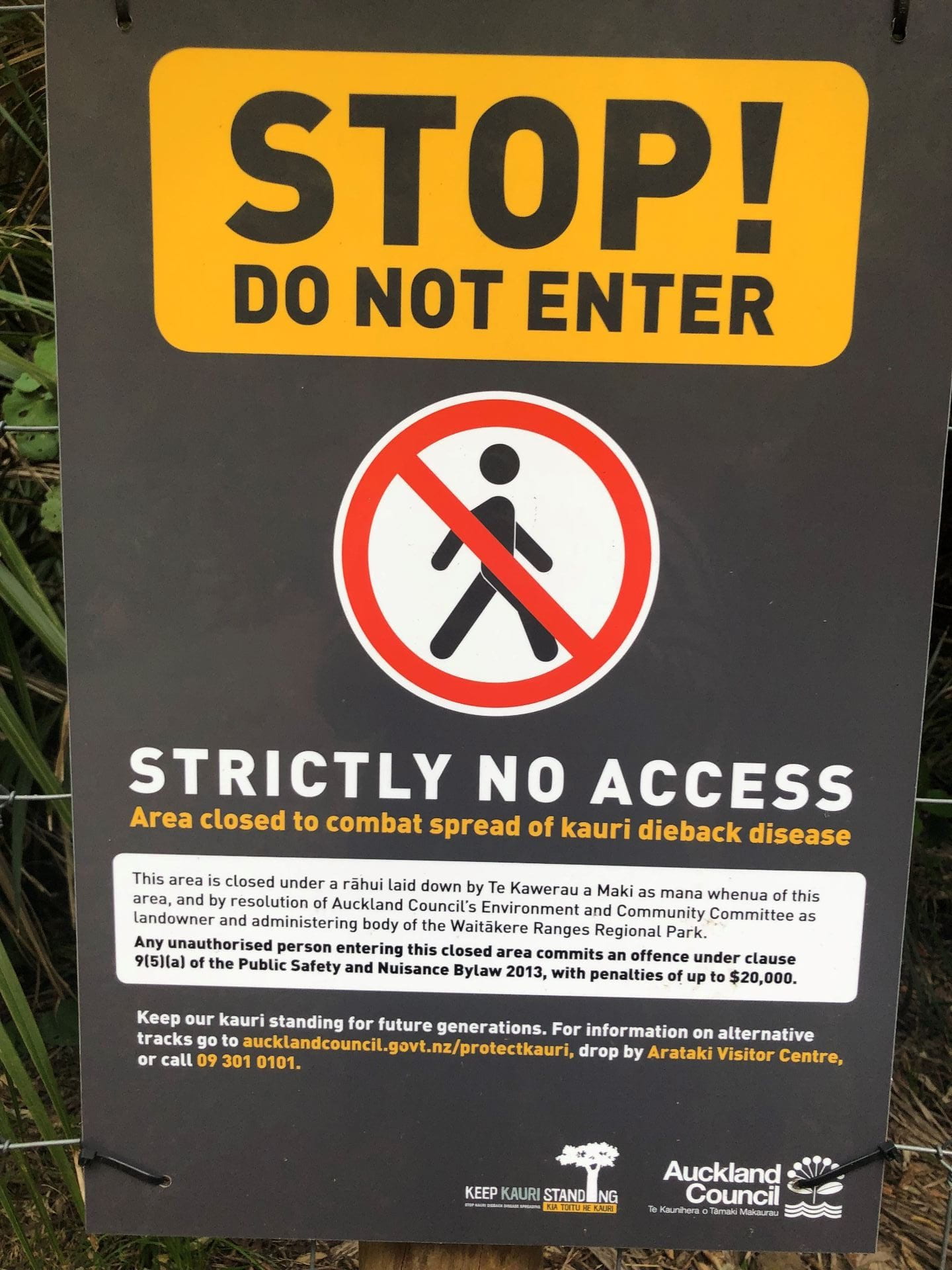
Submitted by Haleigh Kidd on the 2019 fall semester program in Paris, France…
I wanted to take the opportunity of this blog to talk again about the richness of the peripheral areas of Europe rather than the main cities Americans usually think about first. Much like LA and New York are major destinations in America, they hardly reflect daily life in other regions of the country. I think of Paris like this often, too, it is a big metropolitan city, a world tourism destination, and it holds a host of work opportunities. But there is truly no other city like Paris in the rest of France. The rest of France holds cities and regions with very distinct cultures, styles, architectures and even languages – no I don’t mean dialects, I mean entirely different languages. France especially is rich in these ancient regional languages that have since been overtaken by French as a national language, but these languages have existed for centuries before France was even a country, some such as Alsatian, Occitan, Breton, and Basque, which are respectively Germanic, Gallo-Iberian, Gaelic, and Basque is even a language-isolate entirely unrelated to any Indo-European languages. This past weekend, I had the chance to learn more about the Alsatian language and culture in Strasbourg, and even had the chance to speak to an Alsatian couple. It was quite a unique experience as Strasbourg has switched from German to French property 6 times since the medieval times. We often think of European countries being these very old and established places with distinct cultures, but that’s not quite right, every country has a fluid culture with many variations within its own borders, especially AT the borders where you get a very unique mixture of people and ways of life. So this week, I will share some pictures of Strasbourg in hopes that when you think of France next time, it is not always Paris that comes straight to mind.























